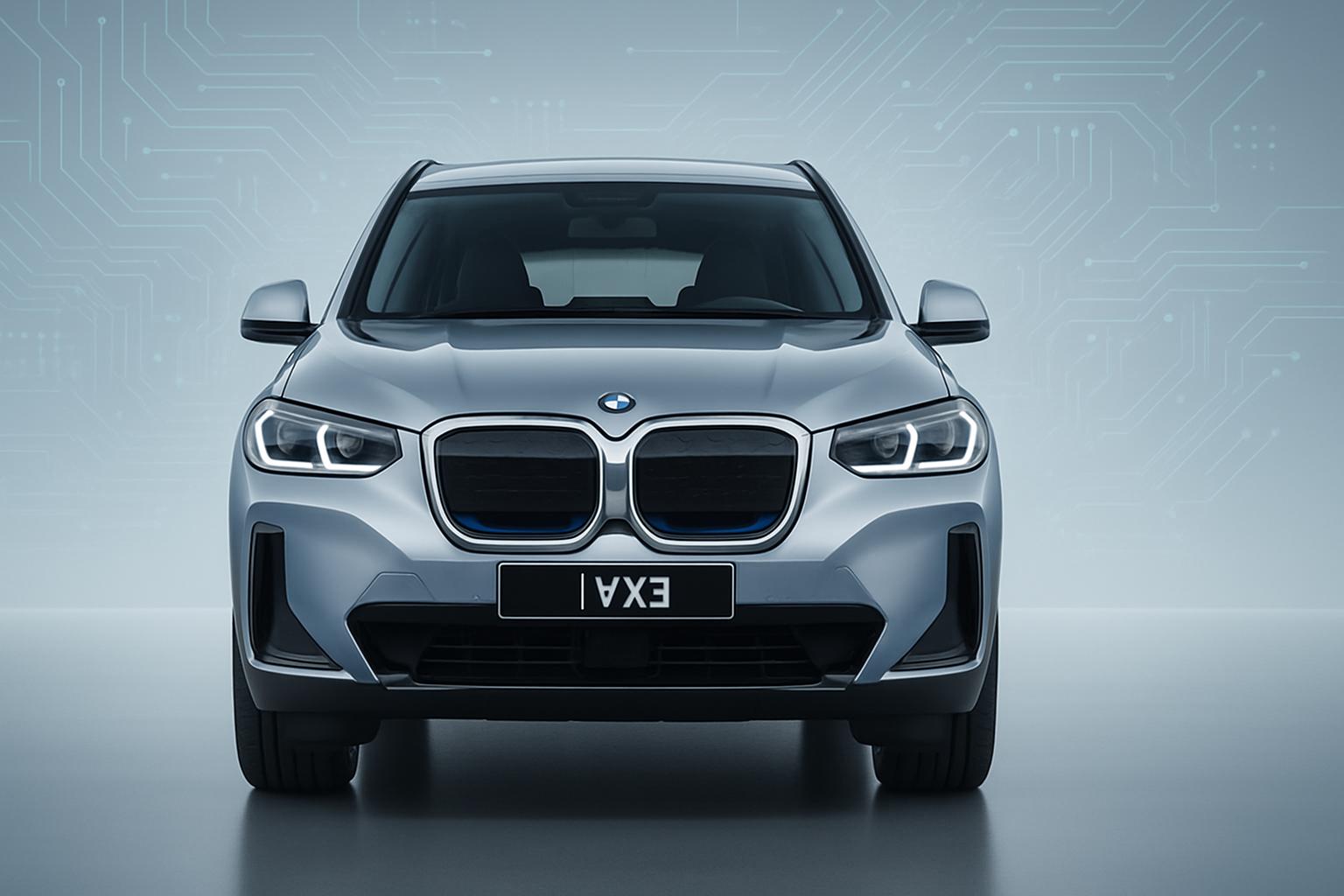BMW Unveils iX3 SUV on New EV Platform to Challenge Tesla and Chinese Competitors
At the upcoming Munich car show, BMW will debut the iX3 sports utility vehicle, marking a significant milestone in the company’s transition toward software-driven electric vehicles. The iX3 is the first production model built on BMW’s Neue Klasse platform, signaling a major shift in the automaker’s strategy to compete with Tesla and emerging Chinese electric vehicle manufacturers.
Advanced Software Architecture Central to Neue Klasse
BMW CEO Oliver Zipse described the iX3 as the culmination of a five-year development effort and the company’s largest investment to date. Central to this new generation of vehicles is a ‘‘superbrain architecture’’—a centralized computer system that replaces multiple hardware components.
This architecture delivers more than 20 times the computing power of BMW’s previous vehicle generations, enabling enhanced automated driving capabilities, infotainment, and essential vehicle functions such as climate control and comfort systems.
Strategic Response to Intensified Market Competition
Legacy European automakers face mounting pressure from Tesla and Chinese firms like Xpeng and BYD, which dominate the software-defined EV segment. Zipse acknowledged the intense price competition in China and the crowded marketplace, underscoring the challenges BMW must navigate.
Despite holding just over 3% of the global EV market, BMW is not seeking to compete in every segment. Instead, the company aims to leverage its established brand reputation, emphasizing quality, cutting-edge technology, and customer-centric design as key differentiators.
Looking Ahead: Expanding the EV Lineup by 2027
BMW plans to introduce more than 40 new or updated vehicles by 2027 under the Neue Klasse umbrella. This ambitious rollout is designed to maintain the company’s competitive edge as the automotive industry increasingly prioritizes software and digital integration.
BMW shares have risen approximately 13% year-to-date, reflecting investor confidence in the company’s strategic pivot toward electrification and software innovation.













